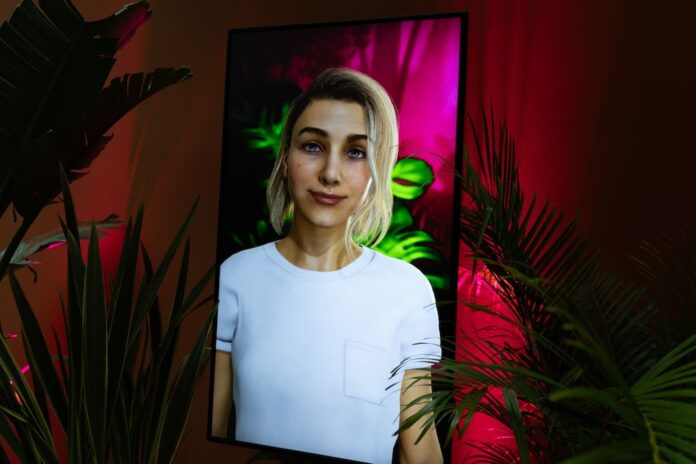Telco’s generative AI offerings will come in three US drink style sizes: M, L and XL
Deutsche Telekom (DT) confirmed it will be offering Business GPT as an enterprise licence available in M, L and XL with modular functionalities at a fixed price. The tool for generative AI was specifically developed for business customers and is operated on the telco’s own cloud infrastructure with data storage in Europe.
DT is using prepaid quotas, so companies have “full control” over their expenditure. According to the teclo, they can increase or decrease the number of allocated usage rights as required. This is ideal for growing companies who simply allow additional users onto their chosen product package rather than having to purchase – and manage – new individual licences.
The company licence ensures that all employees work with the same version of the software. In contrast to individual licences, DT believes this form of licensing allows central management of the software-as-a-service solution and does not require IT expertise for deployment.
Pricing in a nutshell
Module M will give enterprises the chat application GPT 3.5 and GPT 4 as well as provision of an API interface for integrating the company’s own processes or connecting its applications such as the company’s website, optional connection to an authentication system – for a one-off fee of €1,700 plus €650 per month.
Module L gives enterprises the chat application GPT 3.5 and GPT 4 as well as provision of an API interface. The company’s own documents can be imported and an extension for Internet access allows open searches on the Internet. The price is a one-off fee of €1,700 plus €1,500 per month.
The heavyweight Module XL is designed for an individual project solution, while integration into the company’s own Azure environment is possible from €42,000. Internal data sources can also be integrated.
“Our goal is to provide companies with reliable support on their path to integrating artificial intelligence, from conception to operation, across all industries,” said DT director business customers Klaus Werner. “We are bringing AI further and further into the world of work through various solutions and products. We pay particular attention to IT security. Business GPT ensures the security of confidential data and enables efficient work processes.”
He added that in individual consultancy sessions in addition to each module, companies learn about possible application scenarios for their business. The application has been tested in accordance with Deutsche Telekom’s data protection and security requirements. On request, Business GPT can be set up within a company’s Microsoft Azure account.
Last month, DT signed up renewable energy company UKA as its first Business GPT pilot customer. As the application is tested for IT security and data protection and hosted on Telekom’s cloud environments it allows UKA to retain control of its data in accordance with the GDPR and German data protection law. Telekom MMS ensures that UKA employees can enter company data securely and use it on all end devices.
Santa’s little helper
DT said companies can easily and flexibly add their own content to the AI assistant’s database and thus customise the chat responses. The AI robot can assist in the creation of content: generate ideas, write texts, analyse data and create summaries. It can resolve customer service issues and provide personalised recommendations and information. In learning platforms, the software can answer questions from learners, explain concepts or assist with tasks. The bot can also be used in market research or for surveys. Furthermore, the tool translates in real time.
By integrating the company’s own product databases, service descriptions or documentation and linking to the intranet, the answers provided by Business GPT can be precisely controlled – assuming that DT has some way to mitigate hallucinations through context. Companies can also offer individual models with specific additional knowledge for different use cases of their specialist departments.
GPT bots are often accessed via web browsers. However, DT said that with an extension, they can also answer questions interactively as avatars in retail stores or online stores.



